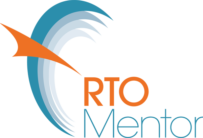Validation of your assessment tools
The Validation of your assessment tools is an important aspect of your RTO operation. As RTO consultants we get out and about and are seeing many assessments and their judgements being validated. It is so pleasing to also see so many RTOs validating their assessment tools prior to using them. Once upon a time this […]
Validation of your assessment tools Read More »
